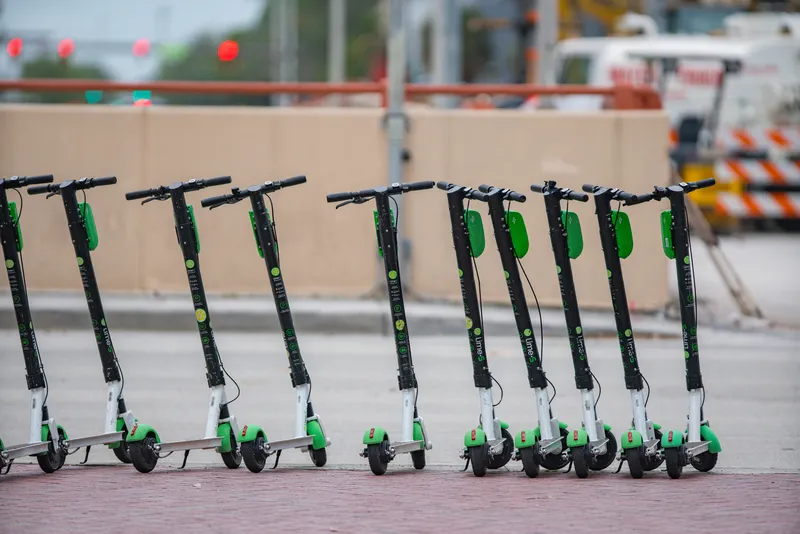Slovakian government officials have finalised an agreement with JumpStartFund's Hyperloop Transportation Technologies (HTT) to explore building a local Hyperloop system, with the aim of creating future routes connecting Bratislava with Vienna, Austria and Budapest, Hungary.
According to HTT, a Bratislava to Vienna route could take about eight minutes at Hyperloop's full speed; a Bratislava to Budapest route just 10 minutes. A route between Bratislava and Kosice a distance of 400 kilometres (250 miles)
March 14, 2016
Read time: 2 mins
Slovakian government officials have finalised an agreement with JumpStartFund's Hyperloop Transportation Technologies (HTT) to explore building a local Hyperloop system, with the aim of creating future routes connecting Bratislava with Vienna, Austria and Budapest, Hungary.
According to HTT, a Bratislava to Vienna route could take about eight minutes at Hyperloop's full speed; a Bratislava to Budapest route just 10 minutes. A route between Bratislava and Kosice a distance of 400 kilometres (250 miles) could also be considered and would connect the eastern and western sides of Slovakia with a short trip of only 25 minutes, substantially reducing the typical 4.5 hour car ride.
"Hyperloop in Europe would cut distances substantially and network cities in unprecedented ways. A transportation system of this kind would redefine the concept of commuting and boost cross-border cooperation in Europe," said Vazil Hudak, Minister of Economy of the Slovak Republic. "The expansion of Hyperloop will lead to an increased demand for the creation of new innovation hubs, in Slovakia and all over Europe."
According to HTT, a Bratislava to Vienna route could take about eight minutes at Hyperloop's full speed; a Bratislava to Budapest route just 10 minutes. A route between Bratislava and Kosice a distance of 400 kilometres (250 miles) could also be considered and would connect the eastern and western sides of Slovakia with a short trip of only 25 minutes, substantially reducing the typical 4.5 hour car ride.
"Hyperloop in Europe would cut distances substantially and network cities in unprecedented ways. A transportation system of this kind would redefine the concept of commuting and boost cross-border cooperation in Europe," said Vazil Hudak, Minister of Economy of the Slovak Republic. "The expansion of Hyperloop will lead to an increased demand for the creation of new innovation hubs, in Slovakia and all over Europe."







